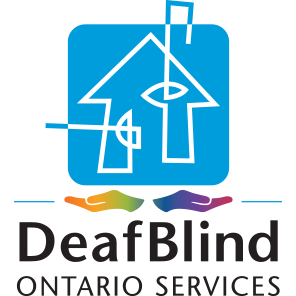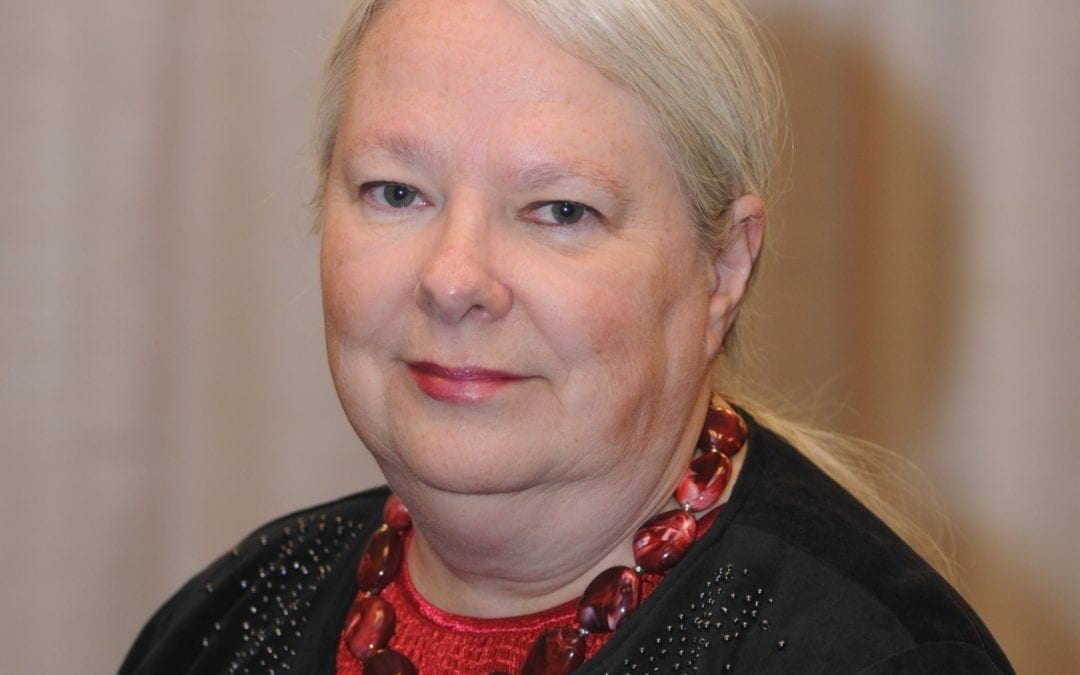Research spotlight with M. Kathleen Pichora-Fuller, PhD, Professor Emerita, Department of Psychology, University of Toronto; Adjunct Professor, Department of Gerontology, Simon Fraser University; Adjunct Scientist, Rotman Research Institute, Baycrest, Toronto; Research Affiliate, Wavefront Centre for Communication Accessibility, Vancouver.
Within the last few years, research has shown that sensory impairments increase the risk that older adults will develop physical health problems, such as falls, or psychological problems, including depression or dementia. This research has raised awareness about the importance of hearing and vision for healthy aging.
The population is aging as the baby boom cohort reaches retirement age. Statistics Canada 2019 data indicates that about 6.5 million people are 65 years and older in Canada and account for 17.5% of the population. The proportion of seniors in the population is expected to double by 2025. Dr. Pichora-Fuller worked with a team of researchers who looked at the rates of hearing and vision loss using data from the Canadian Longitudinal Study on Aging. They found that about half of the 30,000 Canadians who were tested in the CLSA had hearing loss by 75 years of age and about half had both hearing and vision loss by 85 years of age (Mick et al., 2020)[i].
“Having become Professor Emerita in 2020, I am looking forward to continuing my research on sensory aging as a researcher, but also as one of those being researched,” says Dr. Pichora-Fuller, who has a background as an audiologist and a PhD in Psychology.
Dr. Pichora-Fuller’s research bridges basic laboratory research in sensory and cognitive aging and translates it to applied research concerning rehabilitation and accessibility for older adults in clinical, community, and specialized settings such as long-term care. Her current work has extended to include new questions about how sensory-cognitive aging affects and is affected by social factors such as stigma and social support.
“In working with older adults and interdisciplinary experts, it became clear that I needed to learn more about how hearing loss combined with other age-related changes, like vision loss, to affect communication and many aspects of health and quality of life,” says Dr. Pichora-Fuller.
“Aside from patients I have met in the clinic or participants I have met in research, I have learned a lot about acquired dual sensory loss from sharing experiences with my mother in the latter years of her life. She had Parkinson’s and confronted a combination of hearing and vision problems, as well as mobility and cognitive problems. This combination made it impossible for her to live independently in her own home.
According to Canadian Institute of Health Information (CIHI) 2016-2017 data, 22% or 70,080 of Ontario seniors in home care and long-term care reported experiencing vision and hearing loss combined[ii]. Research conducted by Dr. Pichora-Fuller and an interdisciplinary team found that about 1/5 home-care clients and 1/3 long-term care residents had combined hearing, vision and cognitive loss. Those with dual sensory and cognitive loss had greater difficulties with communication and functioning in daily activities than those who had cognitive loss alone (Guthrie et al., 2018)[iii].
As we have seen from COVID-19, the residents of long-term care have very great needs for communication and social interaction; dual sensory loss increases these needs. I know how important it is to find ways to overcome dual sensory loss, especially in this older sub-group,” says Dr. Pichora-Fuller.
According to Dr. Pichora-Fuller, “one of the key findings in aging research is that there are both losses and gains as people get older. Too often, it seems that research on aging is only about losses. I’ve been pleasantly surprised that some of my research has drawn attention to the gains in abilities that older adults can deploy to their advantage.
Our ongoing research aims to find ways to strengthen compensation by counter-acting losses with gains in older adults with acquired dual sensory loss. In particular, we are developing interventions to promote positive views of aging. Those with more positive views of aging have better outcomes in many areas of health. However, little is known about how changing these attitudes may be an asset for those living with dual sensory loss. There are new opportunities to discover how people with sensory problems can age optimally.”
Dr. Pichora-Fuller has been instrumental in facilitating networking opportunities for DeafBlind Ontario Services. This has resulted in presentations on congenital and acquired deafblindness, along with communication challenges and approaches, to the graduate and undergraduate students of the Exceptionality in Human Learning class at the University of Toronto since January 2017.
At DeafBlind Ontario Services, our commitment to providing a high quality of life for people with deafblindness is ingrained in our values. We are coordinating research into this unique disability, ensuring the evidence is used to enhance services for the people we support and develop partnerships with other community services organizations. Learn more at deafblindontario.com.
[i] Mick, P. T., Hämäläinen, A., Kolisang, L., Pichora-Fuller, M.K., Phillips, N., Guthrie, D. M., & Wittich, W. (in press 2020). The prevalence of hearing, vision, and dual sensory loss in older Canadians: An analysis of data from the Canadian Longitudinal Study on Aging. Canadian Journal on Aging. PAP June 17, 2020. https://doi.org/10.1017/S0714980820000070
[ii] Continuing Care Reporting System (CCRS) and HC Reporting System (HCRS), Canadian Institute for Health Information (CIHI).
[iii] Guthrie, D., Davidson, J.G.S., Williams, N., Campos, J., Hunter, K., Mick, P. T., Orange, J. B., Pichora-Fuller, M. K., Phillips, N., Savundranayagam, M., & Wittich, W. (2018). Combined impairments in vision, hearing and cognition are associated with greater levels of functional and communication difficulties than cognitive impairment alone: An analysis of interRAI data for home care and long-term care recipients in Ontario. PLoS ONE, 13(2): e0192971. https://doi.org/10.1371/journal.pone.0192971




Recent Comments